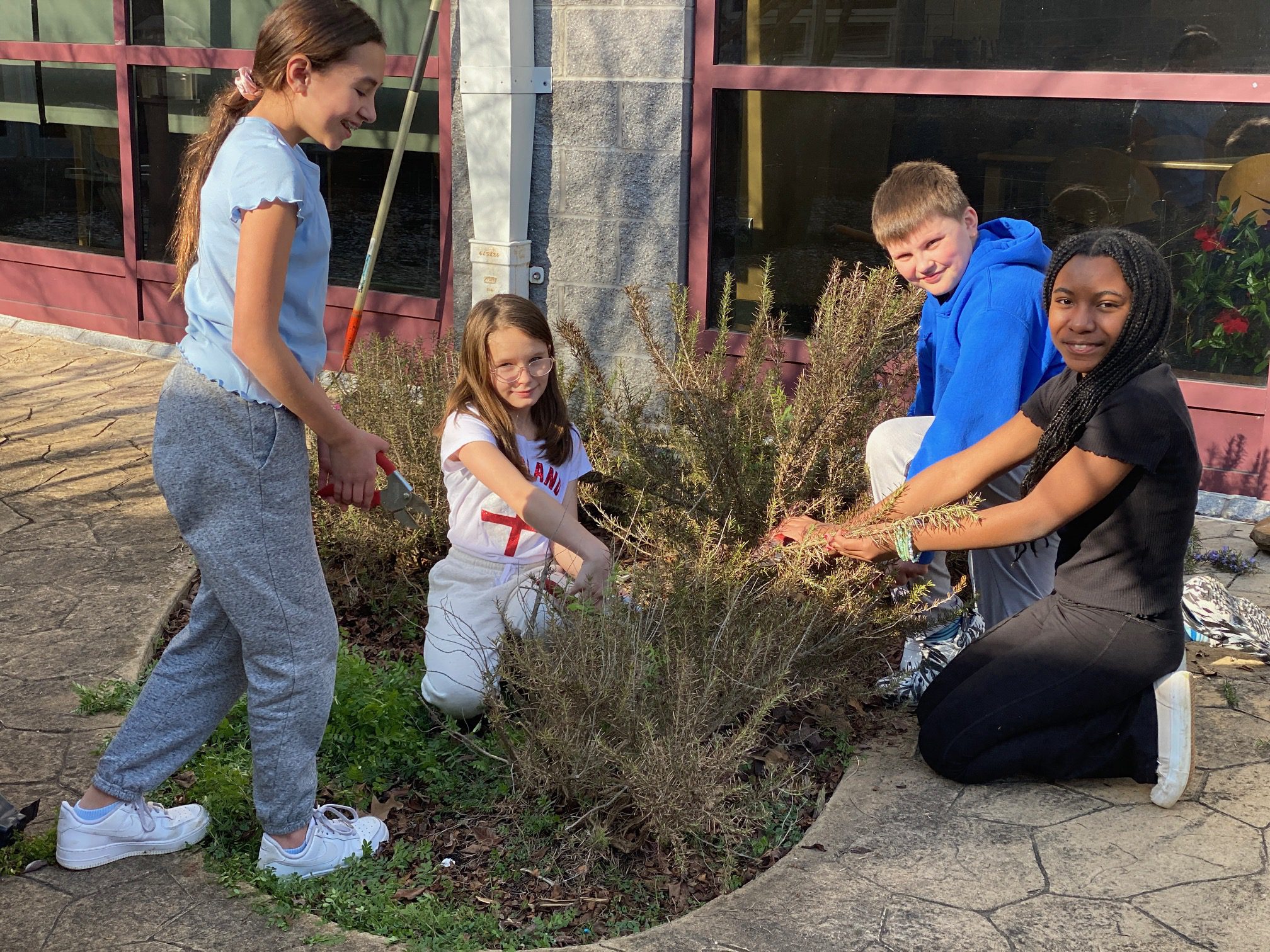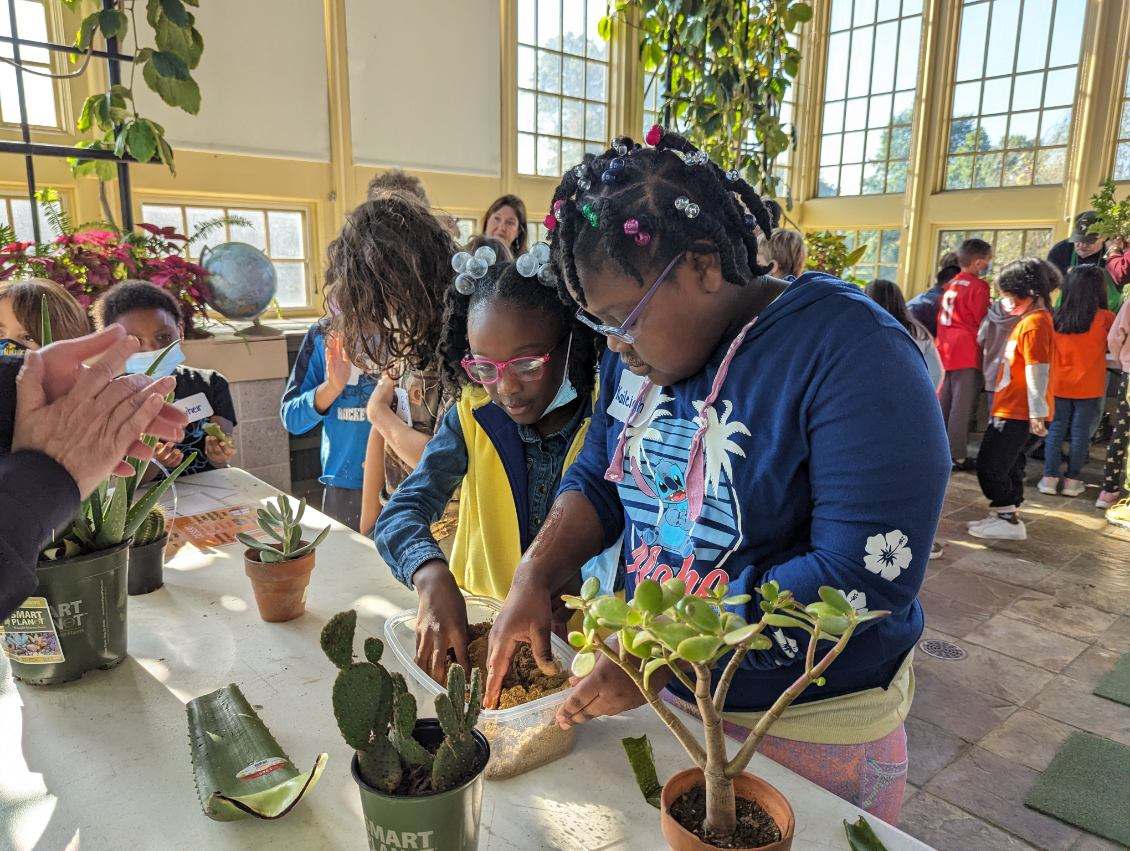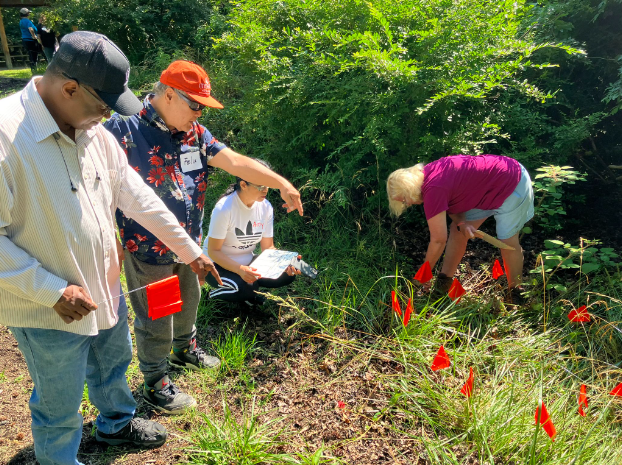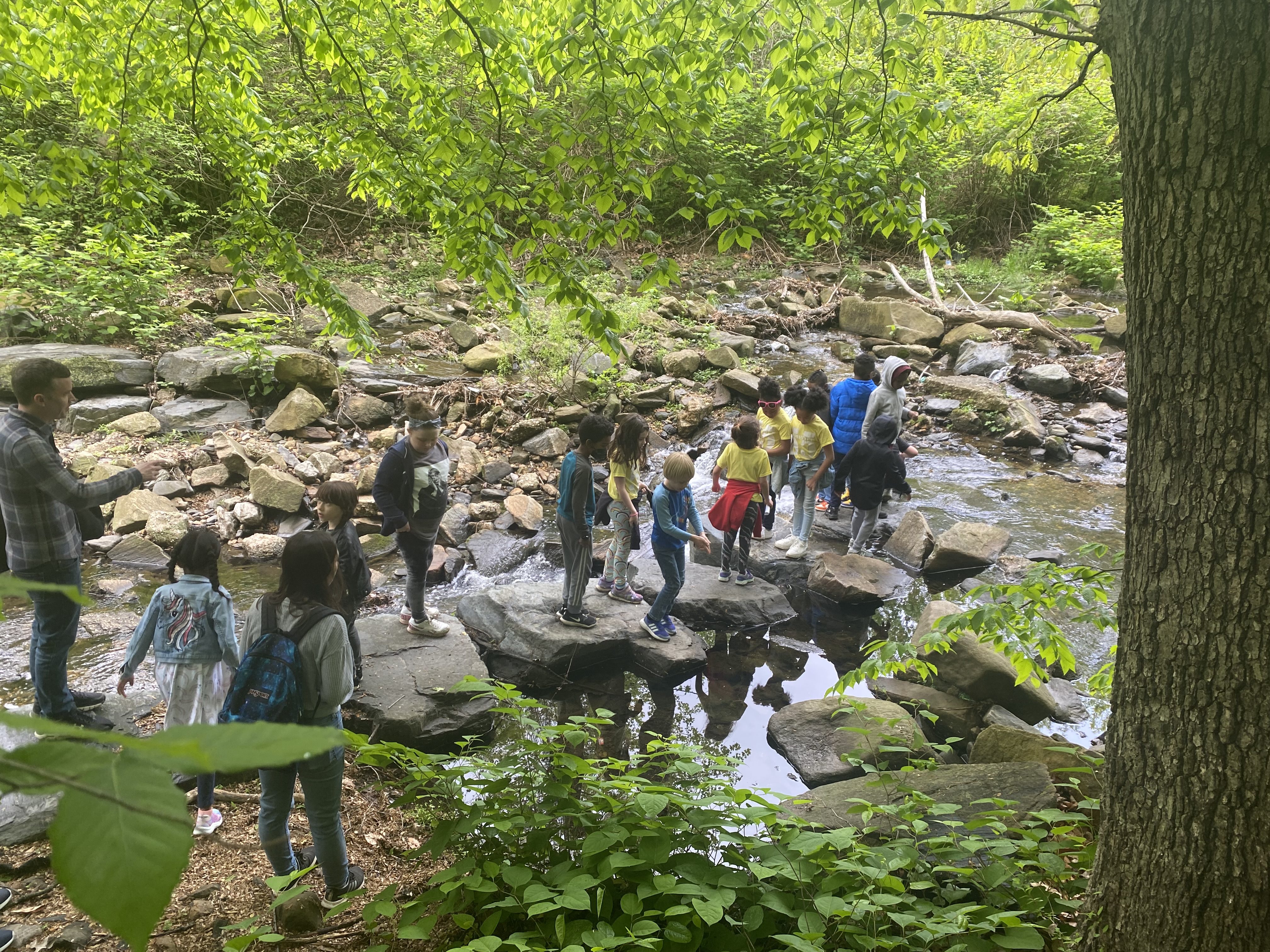Maryland's Environmental Literacy Policy: Empowering Informed and Responsible Students
In 2011, Maryland made history by becoming the very first state in the nation to enact a groundbreaking environmental literacy high school graduation requirement. This transformative mandate set a precedent, declaring that every public school within the state must offer an all-encompassing, multidisciplinary environmental education program integrated seamlessly into the existing curriculum. These programs are designed to align with Maryland's rigorous environmental literacy standards and ultimately foster a generation of students who are informed and responsible stewards of the environment.
Research consistently demonstrates the immense benefits of environmental education. Beyond imparting essential knowledge about the environment, such educational programs have been shown to enhance student achievements in various subjects, including science, reading, math, and social studies. As Maryland embarked on this pioneering journey, it sought to unlock the potential of environmental literacy as a catalyst for academic excellence and environmental stewardship.
This remarkable journey towards environmental literacy began in 2008 when then-Governor Martin O'Malley issued an innovative executive order establishing the "Maryland Partnership for Children in Nature." This initiative aimed to ensure that Maryland's youth would have the opportunity to connect with the natural world, inspiring them to become well-informed and responsible custodians of the environment.
The Maryland Partnership for Children in Nature was entrusted with the task of creating a plan to provide the state's youth with structured and unstructured opportunities for outdoor recreation and experiential learning. The outcome of their efforts was the release of the partnership's "Report and Recommendations" in 2009. This groundbreaking document served as the blueprint for many transformative initiatives, including the formulation of a comprehensive state environmental literacy plan.
Today, the Maryland State Department of Education (MSDE), Project Green Classrooms, and dedicated partners continue to offer unwavering support to school systems across Maryland as they implement environmental literacy programs. School systems are actively identifying areas for improvement and are developing plans to fortify these programs continually. To further facilitate these efforts, MSDE is currently working on a user-friendly environmental literacy website, which will provide valuable resources and information. This website will include details about lead county Environmental Literacy Program (ELP) coordinators, the status of county ELPs, and a host of comprehensive resources to enhance environmental education within the state.
The "School Grounds for Learning Project" (SG4L), funded by NOAA-BWET, offers a wealth of dynamic online instructional resources. These resources empower schools to effectively design, enhance, utilize, and sustain a wide range of environmental projects on their own grounds, promoting practical, hands-on implementation of environmental literacy. The SG4L project equips educators with the tools they need to inspire the next generation of environmentally literate individuals.
Maryland's Environmental Literacy Policy reflects the state's dedication to fostering informed, responsible, and environmentally conscious students. This groundbreaking policy has set the standard for integrating environmental literacy into the education system, emphasizing its role in improving academic performance. With the ongoing support of educators, administrators, and state organizations, Maryland continues to lead the way in shaping environmentally literate generations and securing a sustainable future.





